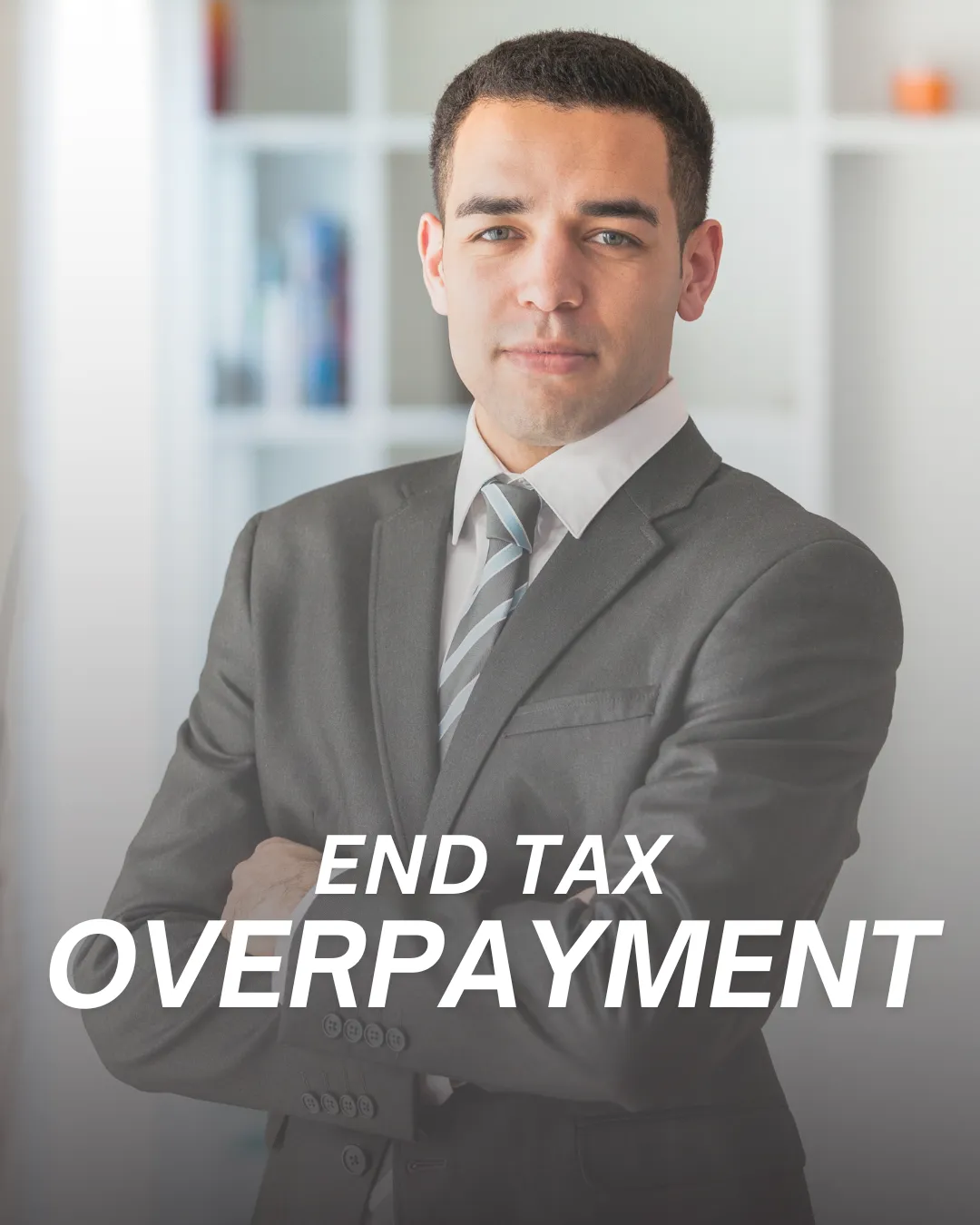
Want Maximum tax Refund?
10+ Years of Experience
Trusted by 300+ Clients
100% accuracy in tax filings
We always pick up the phone

"I know I can always call him and he'll answer right away "
Joseph and his team were incredibly helpful when it came to solving my accounting queries. He was thorough and patient to help me find out what best suited my business.
WHY TOP BUSINESSES CHOOSE OUR ACCOUNTING SERVICES
BEYOND TAX FILING: STRATEGIC FINANCIAL SOLUTIONS THAT PAY FOR THEMSELVES

Corporate
TAX
In addition to ensuring timely filing, we work with your corporation to create smooth processes that will make your year end filings a breeze.

Compilation Engagement
Our Financial Information statements can be used by management and/or investors to assess the economic health of your business. These statements can also be submitted to the bank for loan applications or reporting requirements.

Personal Income Tax
Don’t leave any deductions or tax credits on the table. At Kasle PC, we prepare your personal returns as if they were our own.
WHY CHOOSE OUR ACCOUNTING FIRM?
Our accountants have years of experience handling the most complex tax and financial situations.




300+ HAPPY CUSTOMERS
What others are saying about us

"Eli Hofman"
Kasle Professional has helped my company Head to Toe Uniforms with all our corporate tax needs. Joseph is very dedicated to his clients and can be reached anytime for his expertise. I highly recommend using Kasle Professional for any of your tax questions, reporting and submitting of taxes, you will be very pleased with his services. Keep up the great work guys:)!!

"Zohar Zak"
Joseph and his team were incredibly helpful when it came to solving my accounting queries. He was thorough and patient to help me find out what best suited my business. I know I can always call him and he'll answer right away. He has consistently provided me with invaluable advice, and I truly appreciate it.

"Mendel Zaltzman"
No better choice. Sharp, always makes time for you, all around the perfect service!
WHY WE'RE DIFFERENT

PROFIT-FOCUSED ACCOUNTANT
We are a local firm with years of specialized experience
Our fees are transparent with no hidden costs
We handle all your tax needs with on-time CRA filing
We are a local firm with years of specialized experience
Our accountants are experienced with advanced qualifications
Frequently Asked
Questions
Personal FAQs
What are the federal income tax brackets and rates for 2024?
The federal income tax rates for 2024 are as follows:
- 15% on the first $55,867 of taxable income
- 20.5% on taxable income over $55,867 up to $111,733
- 26% on taxable income over $111,733 up to $173,205
- 29% on taxable income over $173,205 up to $246,752
- 33% on taxable income over $246,752
How do I calculate my combined federal and provincial tax liability?
To calculate your combined tax liability, apply the federal tax rates to your taxable income to determine the federal tax owed. Then, apply your provincial tax rates to the same taxable income to determine the provincial tax owed. Add both amounts to get your total tax liability.
What is the basic personal amount 2024?
For 2024, the federal basic personal amount is $15,705.
How are dividends taxed in Canada?
Dividends are taxed differently based on their type:
- Eligible dividends: These are grossed-up by 38%, and a federal dividend tax credit of 15.02% and a provincial credit of 10% apply.
- Non-eligible dividends: These are grossed-up by 15%, with a federal credit of 9.03% and a provincial credit of 3.12%.
What deductions and credits are available to reduce my taxable income?
Common deductions and credits include:
- Registered Retirement Savings Plan (RRSP) contributions
- Childcare expenses
- Medical expenses
- Charitable donations
- Tuition and education amounts
These can reduce your taxable income or the amount of tax payable.
When are personal income tax returns due in Canada?
Personal income tax returns for the 2024 tax year are due by April 30, 2025. If you or your spouse/common-law partner are self-employed, the deadline is June 15, 2025; however, any balance owing is still due by April 30, 2025
How can I minimize my tax liability through income splitting strategies?
Income splitting involves redistributing income among family members in lower tax brackets to reduce the overall tax burden. Strategies include contributing to a spousal RRSP, paying reasonable salaries to family members for services rendered in a family business, or setting up a family trust. However, recent tax rules, such as the Tax on Split Income (TOSI), have tightened the criteria for income splitting. Consulting with a tax professional is essential to navigate these rules effectively.
What are the benefits of contributing to a Registered Retirement Savings Plan (RRSP)?
Contributing to an RRSP allows you to defer taxes by reducing taxable income in the contribution year. The investments grow tax-deferred until withdrawal, typically during retirement when individuals may be in a lower tax bracket. This deferral can result in significant tax savings and compounding growth over time.
What are the tax considerations for owning multiple properties or rental income?
Rental income must be reported as part of taxable income. Expenses such as mortgage interest, property taxes, insurance, and maintenance can be deducted against this income. Upon selling a rental property, capital gains tax applies to the appreciation in value. It's important to distinguish between properties classified as personal residences and those held for investment, as tax treatments differ.
Corporate FAQs
Why should I hire Kasle Professional Corporation?
There are hundreds of great accountants in Canada. What sets us apart from them is that we put customer service first. That's why we guarantee a call back or email response within 24 business hours. No full inboxes, no waiting 2 weeks to get a hold of your accountant.
How should I prepare for tax season?
Realistically, tax preparation should be taking place year-round so that you can enjoy a stress-free tax season. Tax preparation starts with a good filing system. Create one for your business records that works for you. Keep clear records of anything your business may be eligible for as a deduction and any expenses that are important to note. Knowing what you’ll need a year in advance can be a little difficult, so we recommend speaking with an accountant.
Why do I need an accountant to file taxes?
Corporate tax season can seem like a nightmare for some businesses, but it doesn’t have to. With proper tax preparation throughout the year, knowing when and what your business needs to file, and with a little help from an accountant, filing your taxes can be simple.
How do I calculate capital cost allowance?
Capital cost allowance (CCA) allows Canadian businesses to claim depreciation expenses for capital assets under the Income Tax Act. How much CCA you can claim each year depends on when you acquired the property and the CCA class to which it belongs. The CRA has assigned classes to particular types of depreciable property, and there are assigned rates for each class.
Can I file my own corporate taxes in Canada?
All resident corporations must file a T2 return for every tax year, even if no tax is payable. This includes non-profit organizations, tax-exempt corporations, and inactive corporations. We can take the headache out of filing your corporate income tax return by either letting us act as your corporate tax accountant or by providing corporate tax services to ensure you file a corporate income tax return that triggers the least amount of corporate tax payable.
What services do you offer your corporate clients?
Corporate tax accountants provide services such as tax preparation and filing, tax planning and strategy, compliance with federal and provincial tax regulations, representation during audits, and advice on tax-efficient business structuring.
What is the deadline for corporate tax filing in Canada?
Corporations must file their T2 Corporation Income Tax Return within six months after the end of their fiscal year. For example, if your fiscal year ends on December 31, the return is due by June 30 of the following year.
What documents are required for corporate tax filing?
Necessary documents include financial statements (income statement, balance sheet), records of all income and expenses, details of assets and liabilities, previous tax returns, and information on any dividends paid.
Can a corporate tax accountant help reduce my tax liability?
Yes, through strategic tax planning, accountants can identify deductions, credits, and incentives applicable to your business, thereby reducing overall tax liability.
What are the penalties for late corporate tax filing?
Late filing can result in a penalty of 5% of the unpaid tax, plus 1% for each full month the return is late, up to a maximum of 12 months. Repeated failures may lead to higher penalties.
Do I need to file a corporate tax return if my company had no income?
Yes, all resident corporations, including inactive ones, must file a T2 return for each tax year, even if there is no income or tax payable.
What is the process for filing corporate taxes in Canada?
The process involves gathering all financial records, preparing financial statements, completing the T2 Corporation Income Tax Return along with necessary schedules, and submitting the return to the Canada Revenue Agency (CRA), typically through electronic filing.
What are the common deductions available for corporations?
Common deductions include business operating expenses, salaries and wages, rent, utilities, office supplies, depreciation (Capital Cost Allowance), and certain fees and licenses.
How can I ensure compliance with CRA regulations?
CRA compliance does not have to be difficult. If you work with a registered accounting firm and a great bookkeeper, your business will remain compliant. Small businesses typically run into compliance issues when they try to do all their accounting by themselves.
What is the difference between a CPA and a tax preparer?
A Chartered Professional Accountant (CPA) is a licensed professional with extensive education and experience, authorized to perform a wide range of accounting services, including audits and financial consulting. A tax preparer may not have the same level of certification and typically focuses solely on tax return preparation.
What are the tax implications of dividends and shareholder loans?
Dividends are taxable to shareholders and are not deductible by the corporation. Shareholder loans can have tax implications if not repaid within a specific period, potentially being treated as income to the shareholder.
CONTACT US & SAVE BIG ON TAXES IN 2025
Book a no-cost 1 on 1 discovery call to get your custom quote.
Get In Touch With An Expert
TELL US ABOUT YOUR TAX SITUATION
Copyright Kasle Professional Corporation | 2025